Lucky, Day, and Hope are more than just the resident orang utans of Sukau Rainforest Lodge—they are a symbol of the beauty and resilience of Borneo’s wildlife. Since their first sighting in 2014, these magnificent creatures have become an integral part of our lodge, delighting guests with their presence and offering a rare glimpse into the life of orang utans in the wild.
Their story of survival, growth, and family is one that inspires hope and joy for all who visit, reminding us of the importance of protecting these endangered species and their natural habitats. At Sukau Rainforest Lodge, we are privileged to share our space with these remarkable animals, and every sighting of Lucky, Day, and Hope is a reminder of how fortunate we are to witness the wonders of nature.
Do you want a digital flyer about the story of our beloved orang utans to bring home?
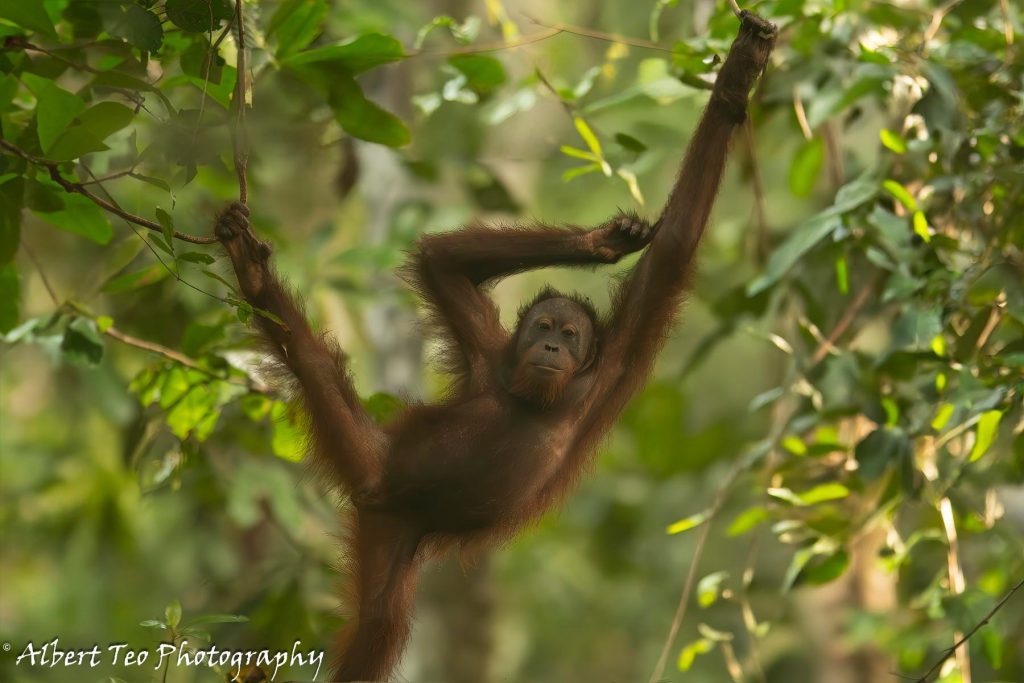
In July 2014, a mother orang utan and her tiny infant were spotted for the first time at our Hornbill Boardwalk. It was a rare and exciting moment, as they kept a safe distance, mostly staying hidden from view. Mother orang utan was probably wondering, “What are these hairless creatures?”. During this time, the pair appeared only a few times a year, making each sighting an unforgettable experience for those lucky enough to witness it.
By the following year, the mother and baby began to approach the lodge more frequently. As the baby orang utan grew, it started exploring independently while the mother kept a watchful eye. The pair, enjoying the abundance of fruit trees around the lodge and the peaceful environment, began to consider Sukau Rainforest Lodge their home. This was when we truly became connected with these extraordinary creatures.
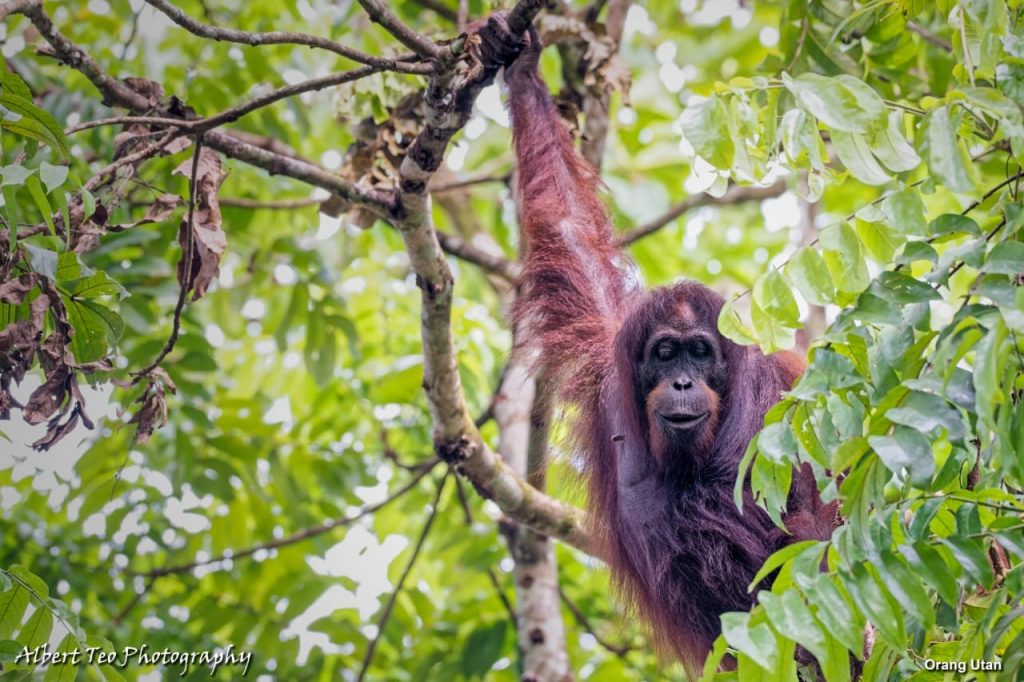
In celebration of their arrival, we held a naming contest, and Kate Williams chose the names Lucky and Day for the mother and baby. The name “Lucky” represented the fortunate experience of seeing these magnificent orang utans, and “Day” symbolized the joy of witnessing them in our midst. So, guests who encountered them often felt like the “lucky ones” to see such a rare and beautiful sight.
By 2016, Lucky and Day began visiting the area near the Ape Gallery. Day, now a 2-3-year-old juvenile, grew comfortable with the presence of humans. The duo spent time feasting on fruit from nearby trees and even seemed to enjoy the attention from guests taking photos. Lucky even created a nest for herself and Day near the Hornbill Boardwalk, further solidifying their place as our resident orang utans.
In December 2017, the family made a surprise visit to the Melapi Restaurant by the riverbank, delighting our staff and guests alike.
In April 2019, to everyone’s surprise, Lucky gave birth to a new baby—Hope. At the time, Day was a 5-year-old juvenile, and he quickly adapted to his new role as a big brother. This was a special moment, as Day now had the chance to practice all the survival skills his mother had taught him.
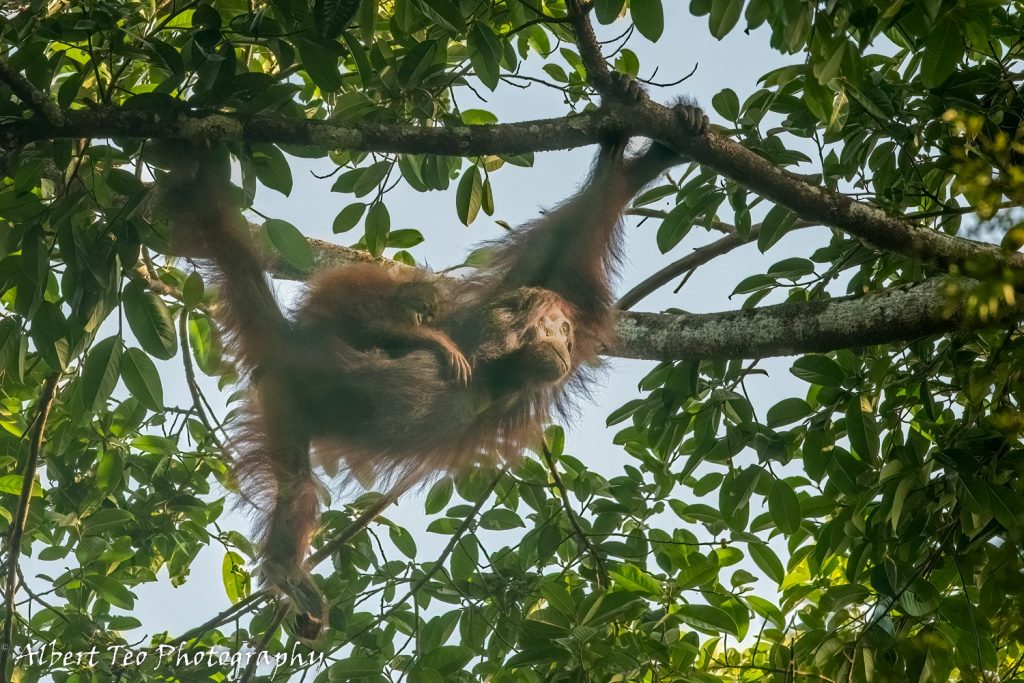
Hope, the new arrival, was named during our Orang Utan Baby Naming Contest in 2022. This name was chosen not just for the baby but also for the hope it symbolized during the difficult times of the Covid-19 pandemic. Hope represents the strength, resilience, and hope that we all held onto during challenging times.
Today, Lucky, Day, and Hope continue to visit the lodge from time to time, especially near the Hornbill Boardwalk, Attenborough Boardwalk, Borneo Villas, and Kari Boardwalk. Their presence brings joy to both guests and staff, and every sighting of this incredible family is a reminder of how fortunate we are to share our home with them.
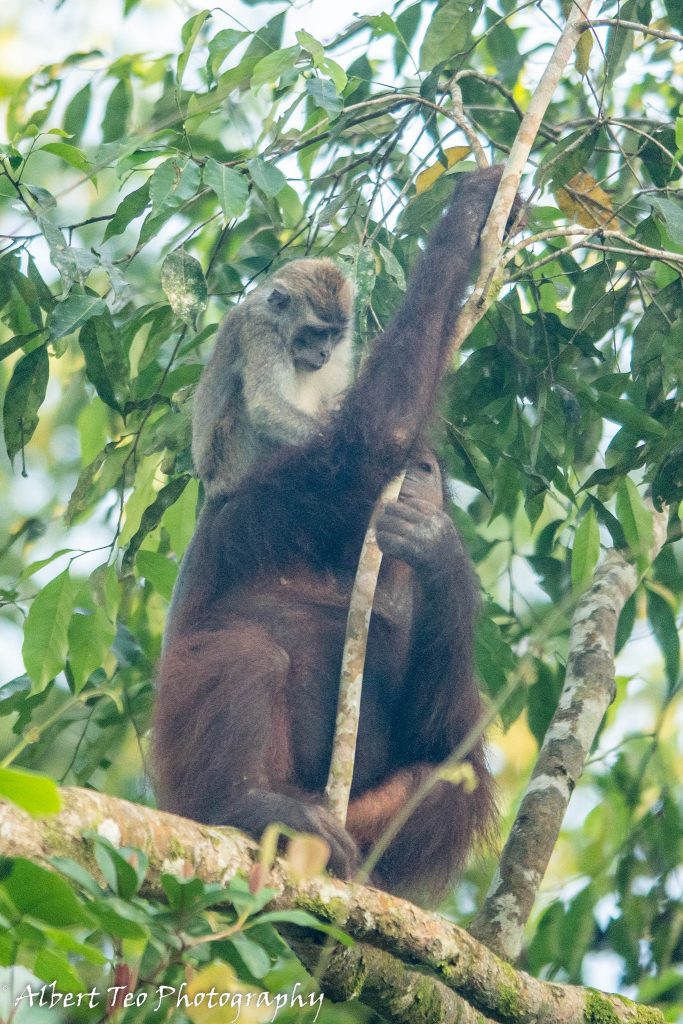
• Orang utans are one of the most intelligent primates, known for their problem-solving skills.
• They share approximately 97% of their DNA with humans.
• Orang utans are native to Indonesia and Malaysia and are classified as critically endangered.
• They primarily live in trees and spend most of their time in the rainforest canopy.
• Orang utans have a diet that consists mostly of fruit, but they also eat leaves, flowers, and insects.
• Female orang utans typically give birth every 6 to 8 years, raising their young for several years.
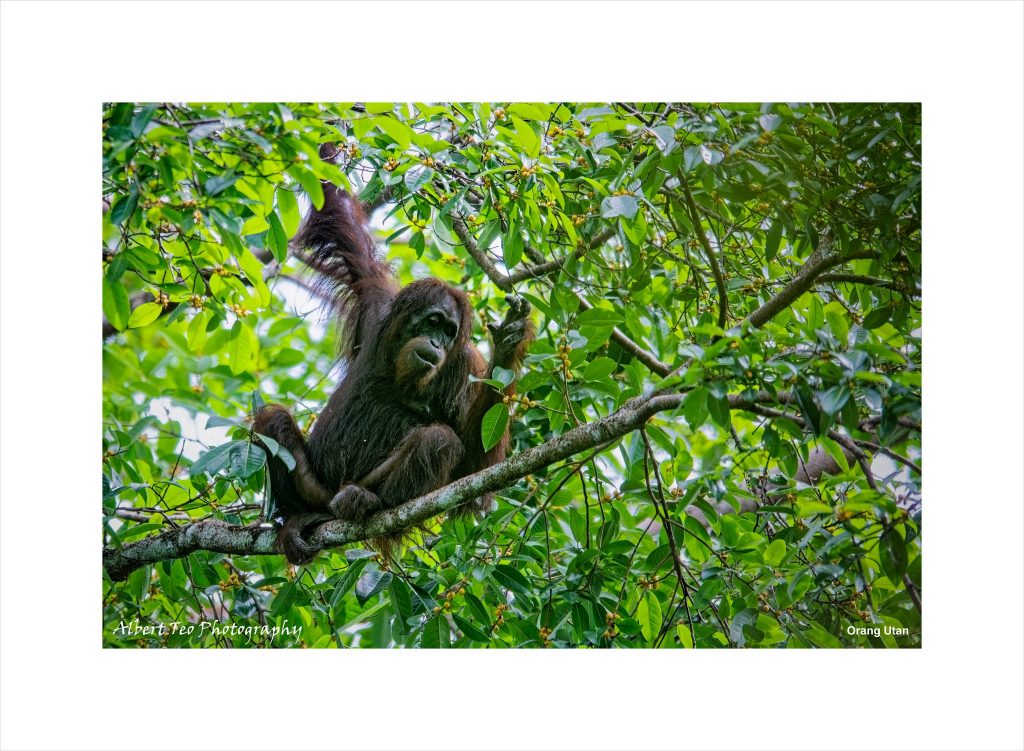
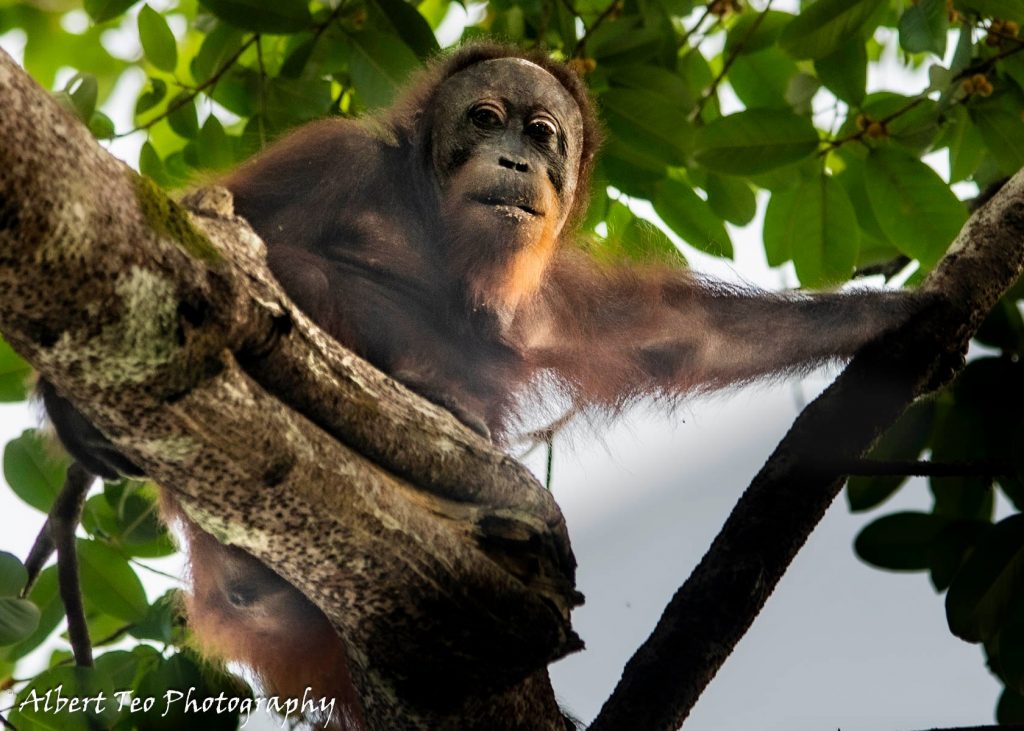
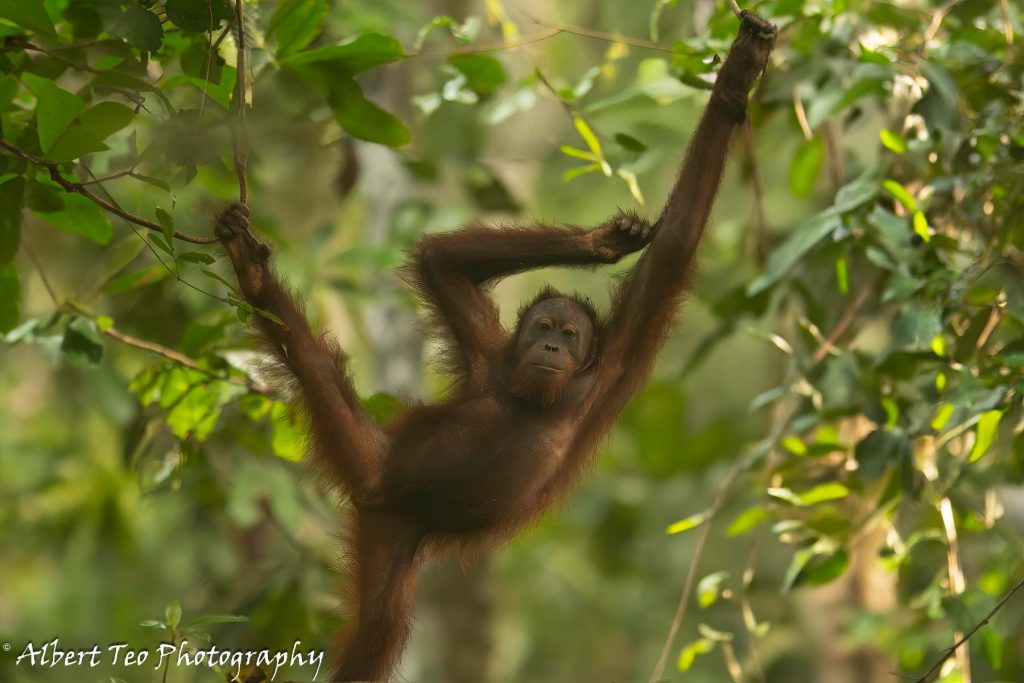
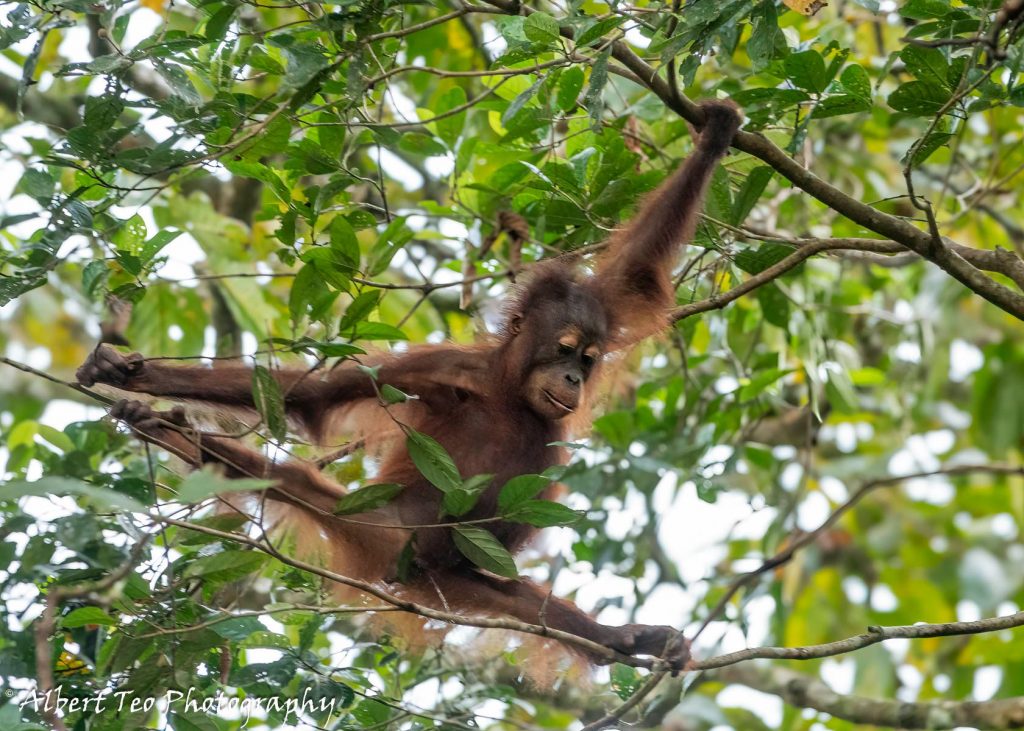
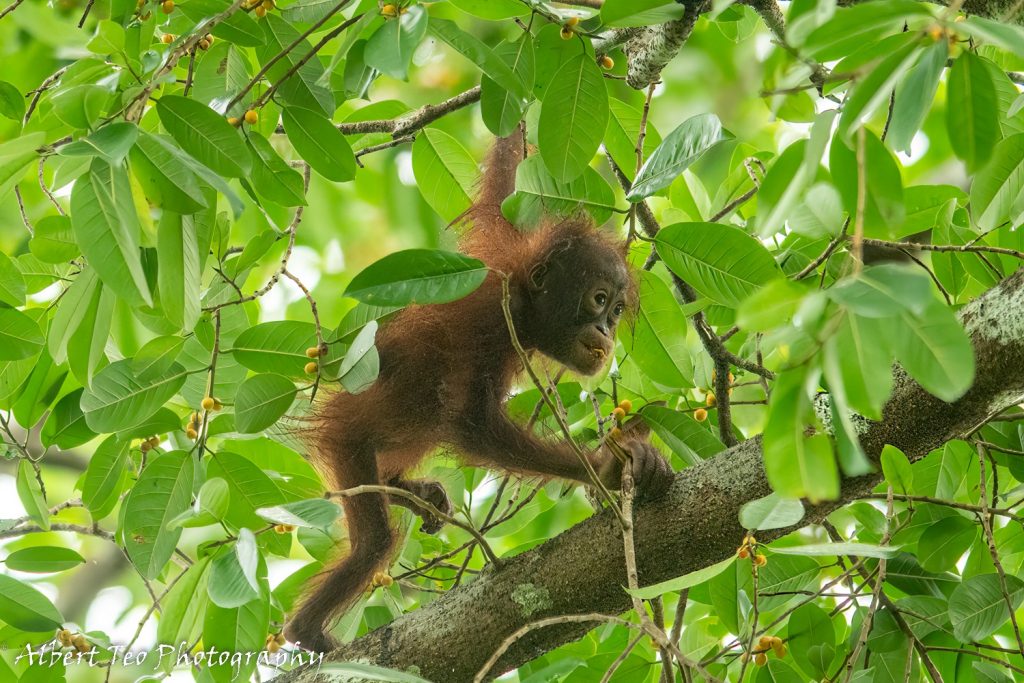
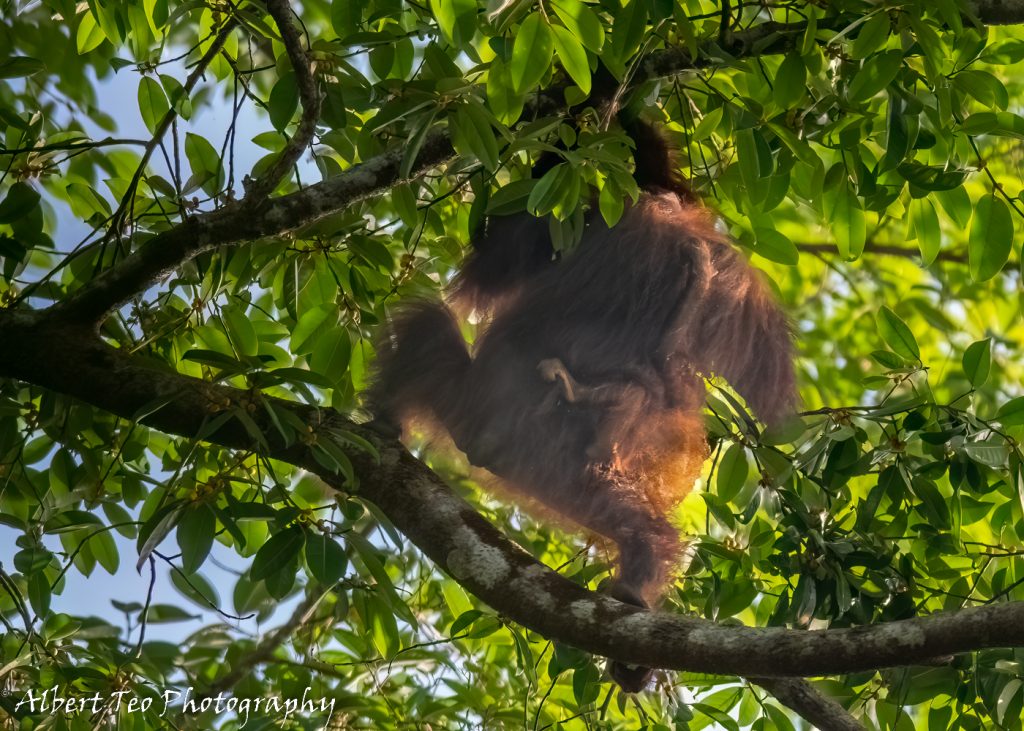
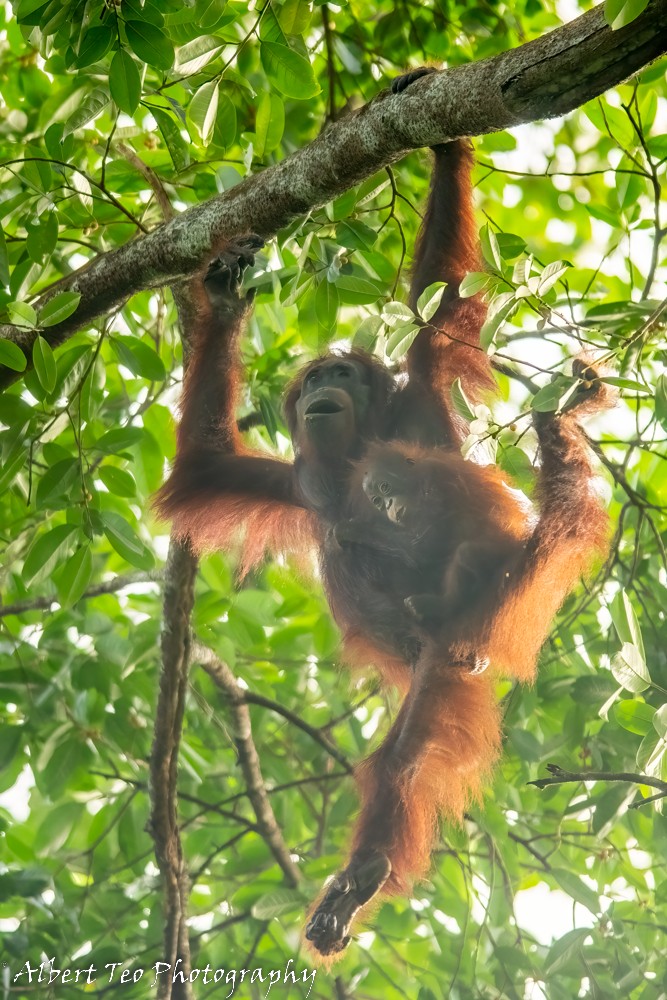
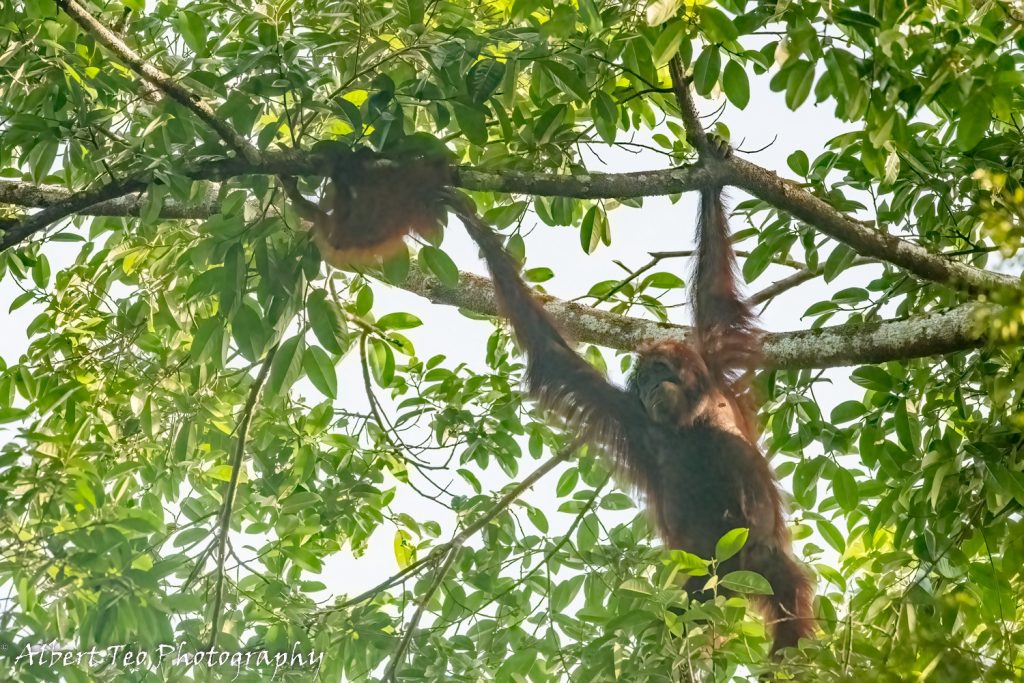
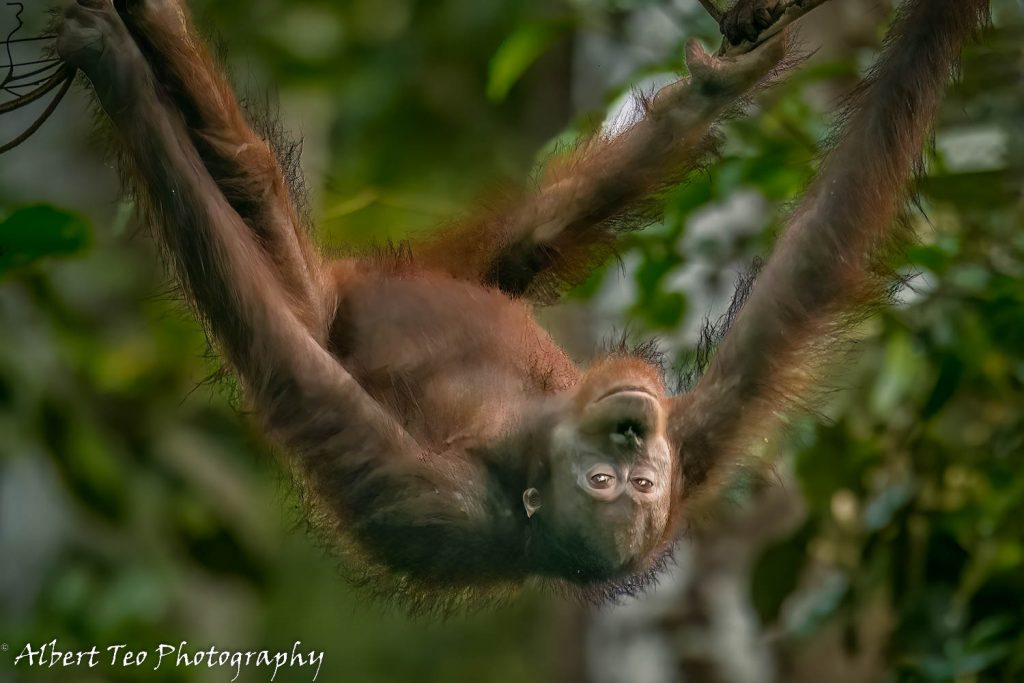
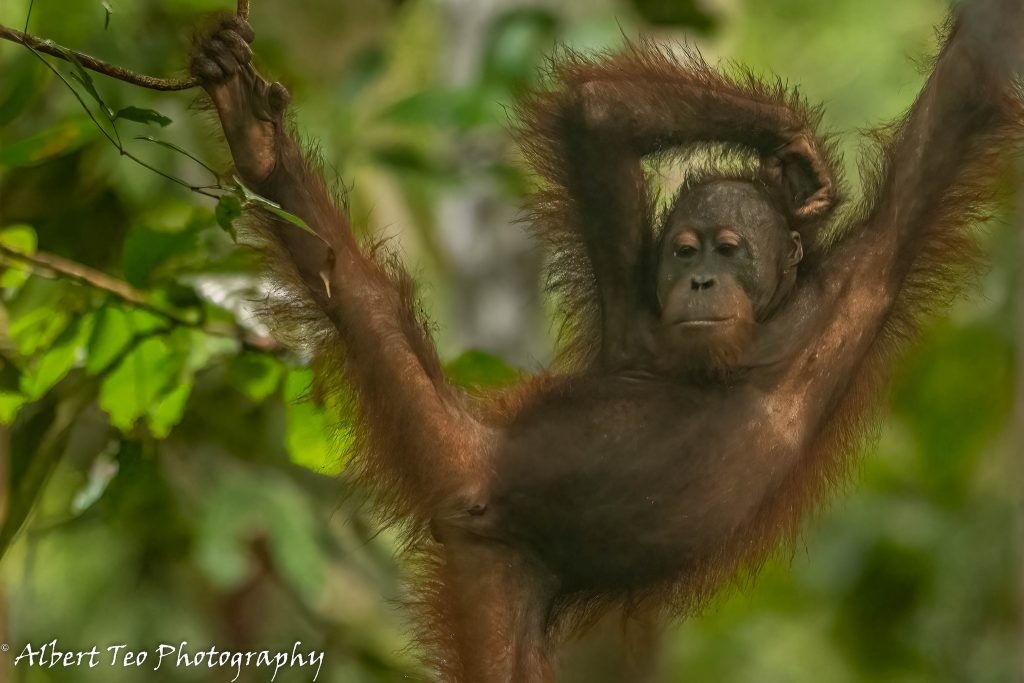
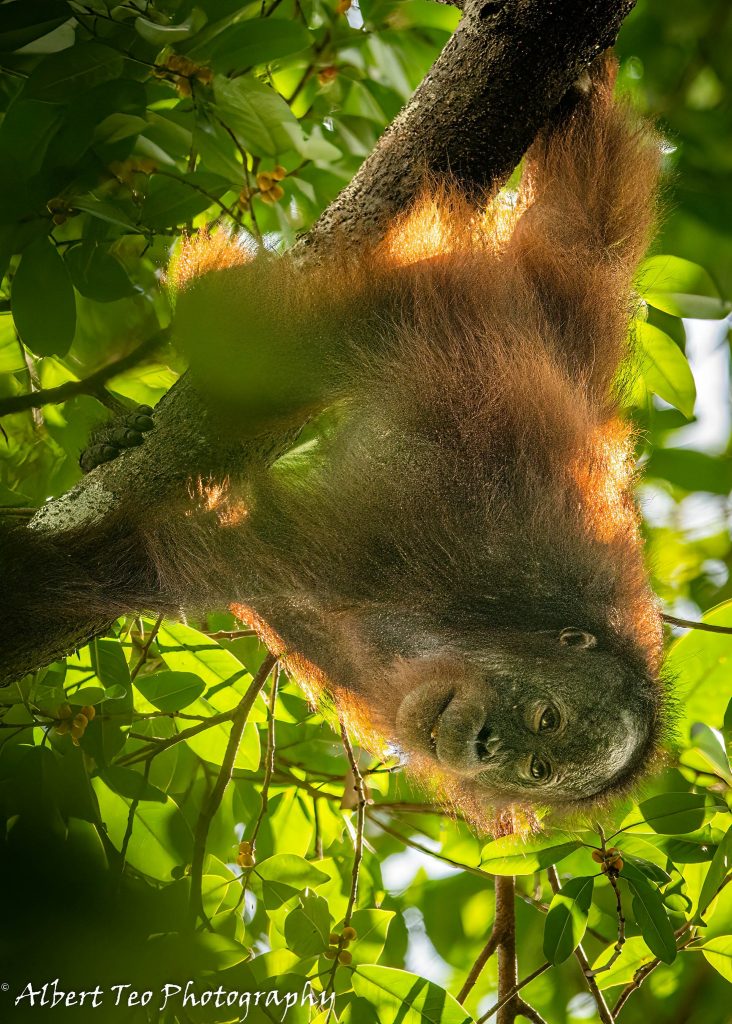
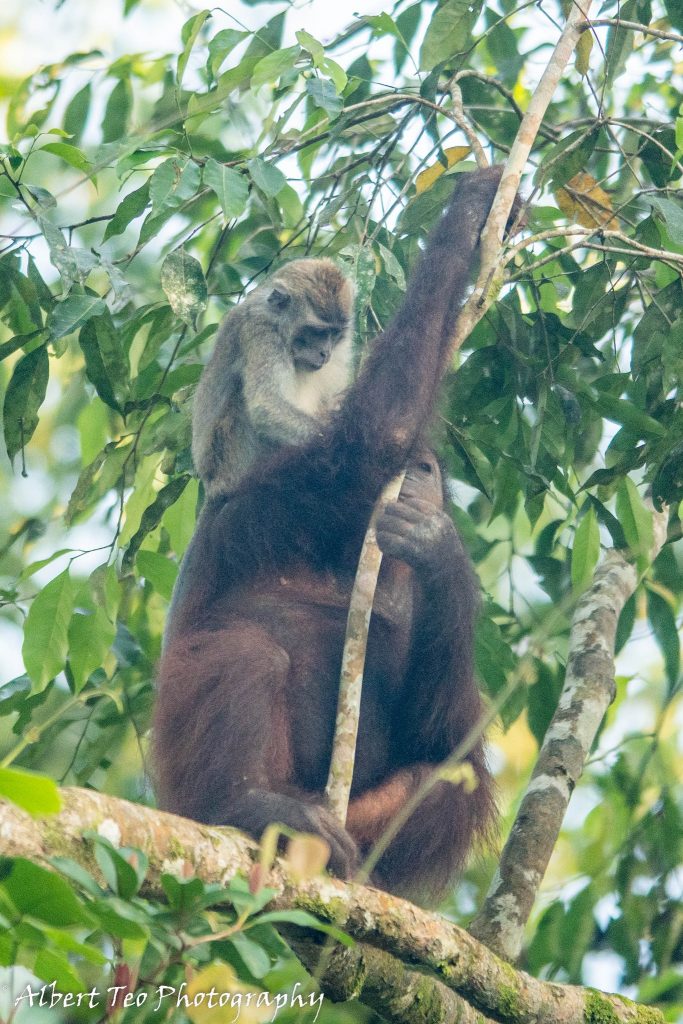
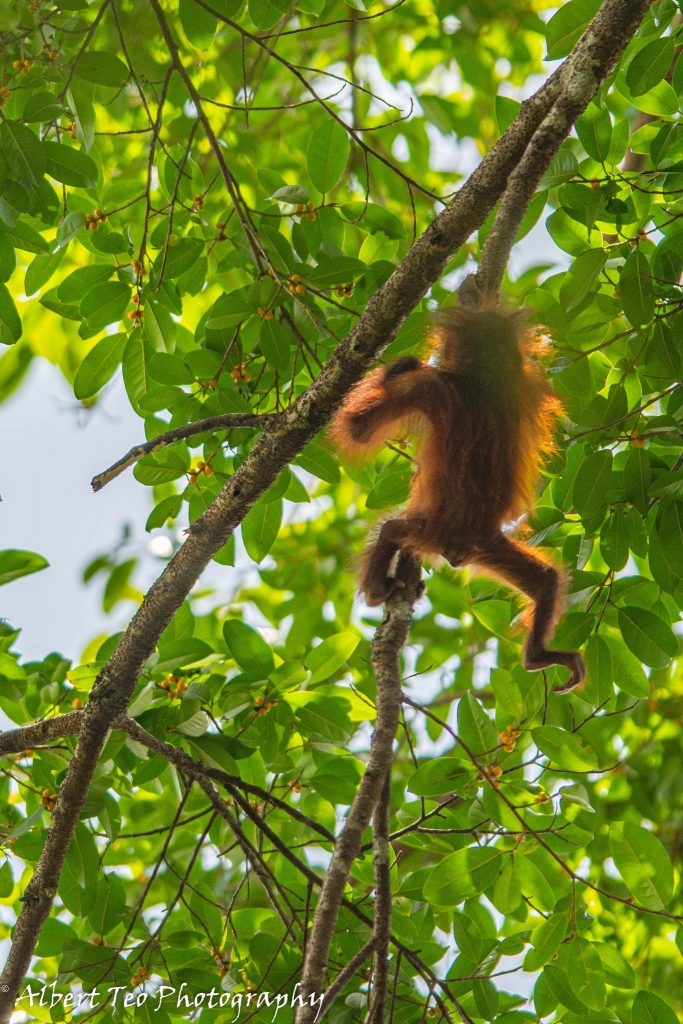
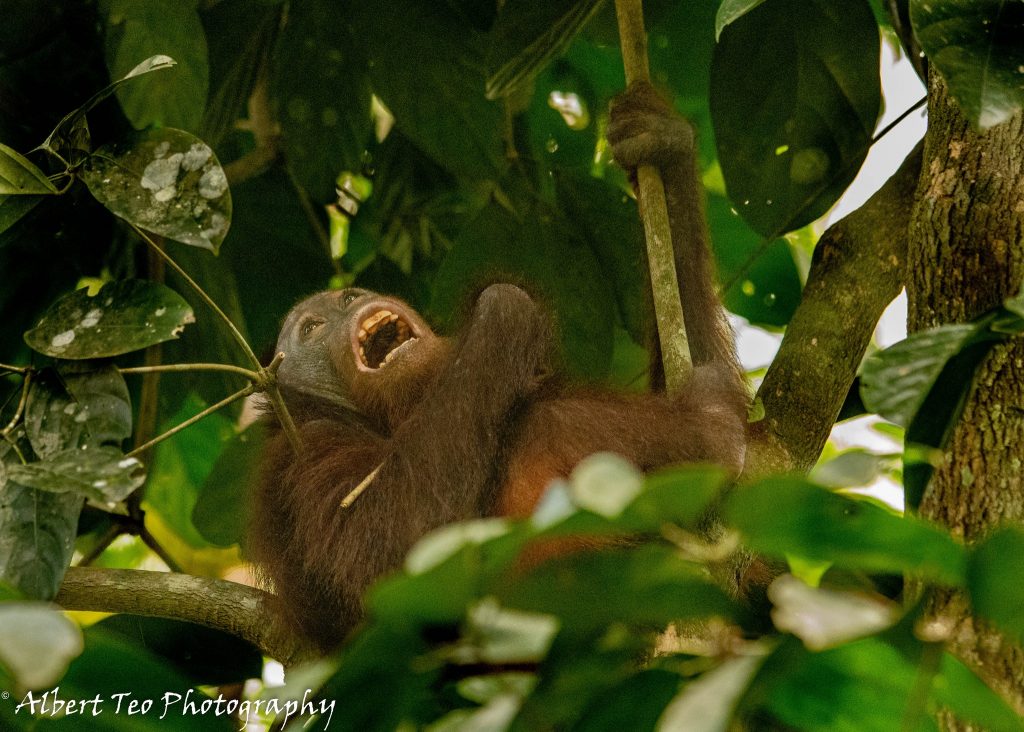
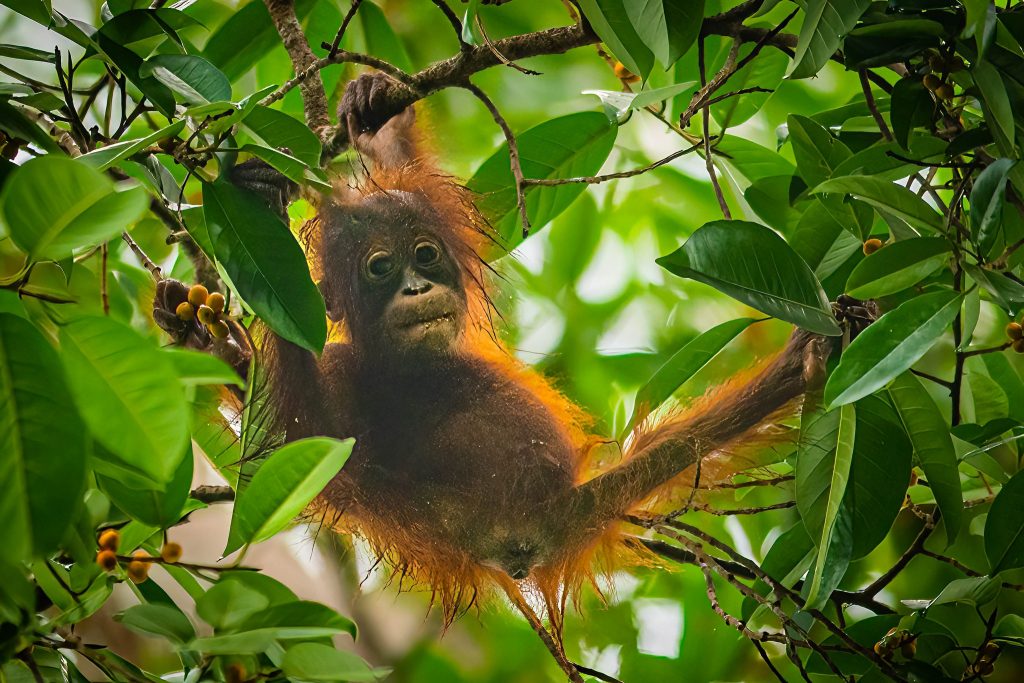
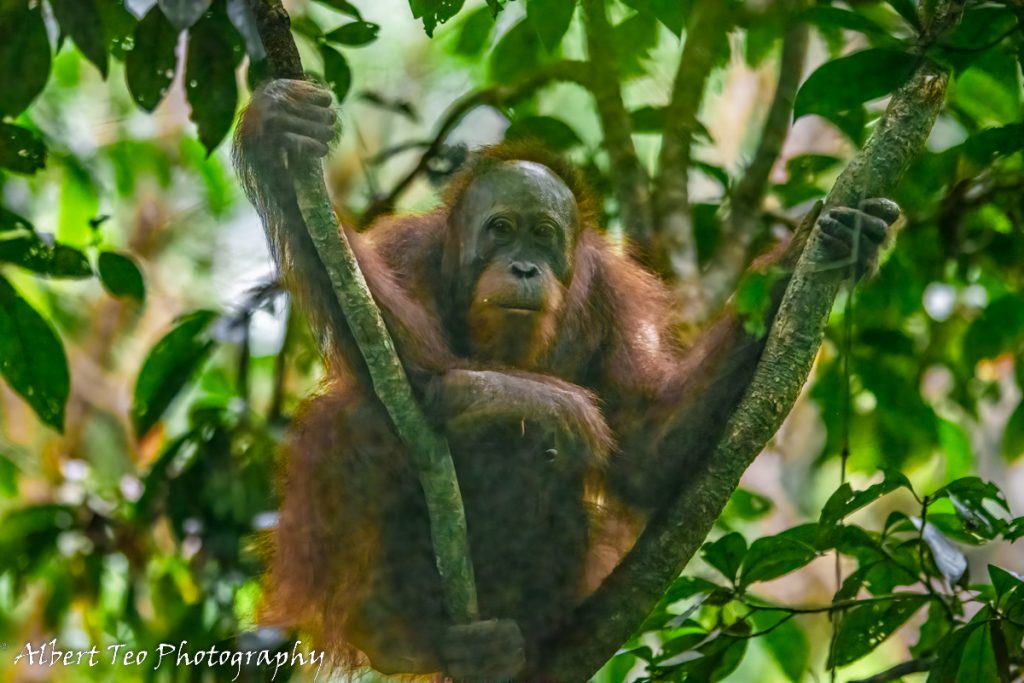
Check out our list of wildlife you have a chance of sighting at the lodge and along the Kinabatangan River.
Open
0800-1800hrs (Mondays-Fridays), 0800-1200hrs (Saturdays)
Close
Sundays & Public Holidays